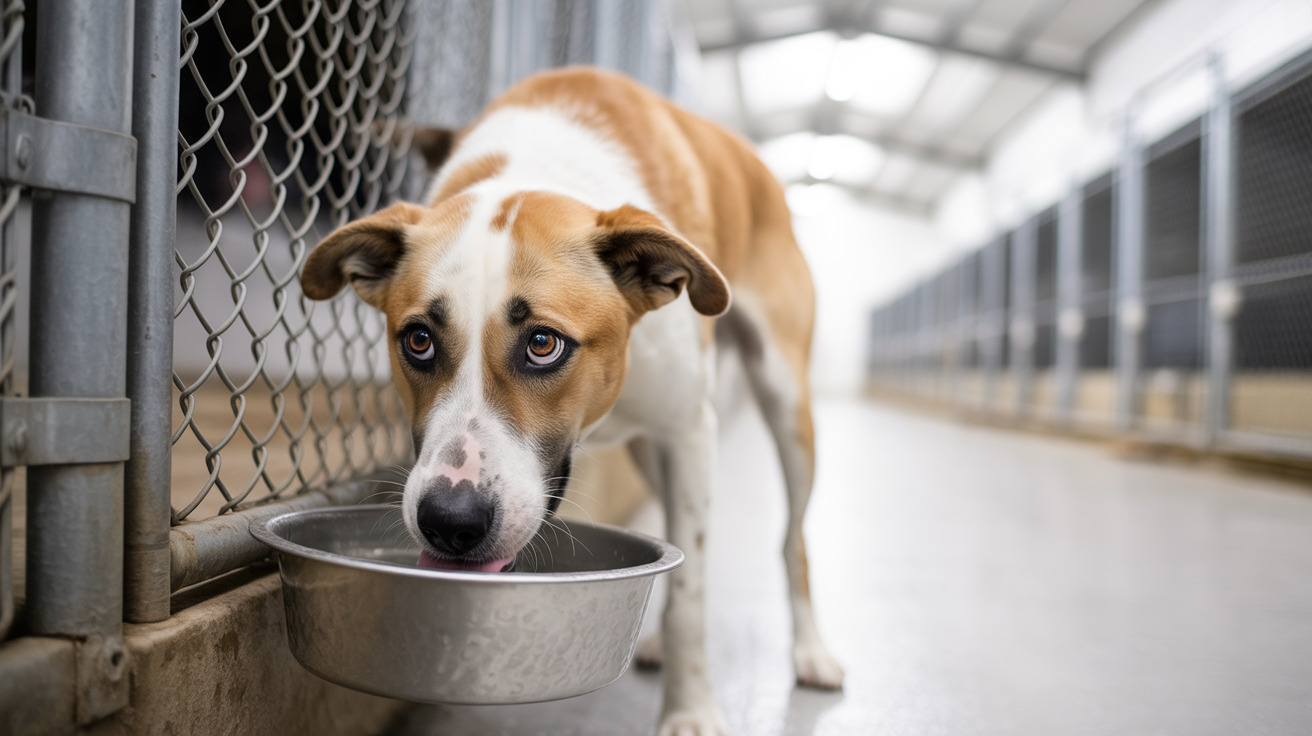Can Dogs Have Cheese? What Pet Owners Should Know
Cheese is a popular human snack loved for its rich flavor and creamy texture. But is it safe to share this dairy delight with your four-legged friend? The answer is more nuanced than a simple yes or no. While cheese can be given to most dogs in moderation, it's important to consider the nutritional implications and potential risks before making it a staple in your pet's treat rotation.
Is Cheese Safe for Dogs?
In general, cheese is not toxic to dogs. Many dogs enjoy cheese as a high-reward treat during training or as a way to hide medication. However, not all cheeses are created equal, and your dog’s individual health status must be considered.
Potential Benefits of Cheese
Cheese contains several nutrients that can be beneficial to dogs in small quantities:
- Protein: Supports muscle growth and repair.
- Calcium: Promotes bone and dental health.
- Vitamin A: Supports vision and the immune system.
- B vitamins: Aid metabolic functions.
Given these nutrients, occasional cheese can serve as a nutritious treat.
Drawbacks and Risks
Despite its benefits, cheese has potential downsides that pet owners must be aware of:
- Lactose intolerance: Many dogs do not produce much lactase, the enzyme needed to digest lactose. This can lead to digestive upset, including gas, bloating, and diarrhea.
- High fat content: Excessive fat can contribute to obesity and pancreatitis, especially in breeds prone to these conditions or older, sedentary dogs.
- High salt and preservatives: Some cheeses are high in sodium or contain added herbs, spices, or seasonings like garlic or onion powder, which are toxic to dogs.
Safe Cheese Types for Dogs
If you plan to give your dog cheese, stick to plain and low-fat varieties in small quantities. Safe options include:
- Low-fat mozzarella
- Cottage cheese: Lower in lactose and fat, but still high in protein
- Plain cream cheese: In small amounts and without added ingredients
Avoid blue cheese, Roquefort, and cheeses with additives such as chives, onion, or garlic.
How Much Cheese is Too Much?
Moderation is key. Treats, including cheese, should make up no more than 10% of your dog’s daily caloric intake. Start with a small portion – about the size of a sugar cube – and monitor for any signs of gastrointestinal distress.
Signs of Cheese-Related Discomfort
If your dog experiences any of the following after consuming cheese, discontinue use and consult your veterinarian:
- Vomiting
- Diarrhea
- Excessive gas
- Lethargy or decreased appetite
- Abdominal discomfort
Clever Uses of Cheese
Cheese can be a handy aide in your dog care routine:
- Training reward: Use small cheese bits as high-value rewards during obedience training.
- Medication delivery: Hide pills inside a bit of cheese for stress-free dosing.
Healthy Alternatives to Cheese
If your dog is lactose intolerant or prone to weight gain, consider these safer alternatives:
- Small pieces of boiled chicken
- Unsweetened pumpkin
- Carrot slices
- Commercial dog treats formulated for training
Conclusion
So, can dogs have cheese? Yes – but only in moderation and with the right type. Avoid seasoned, highly processed, or moldy cheeses, and always keep your dog’s dietary needs in mind. While a tiny cube of cheese is unlikely to harm a healthy dog, long-term overindulgence can lead to bigger health problems. When in doubt, ask your vet for personalized advice tailored to your pet’s specific health status.





